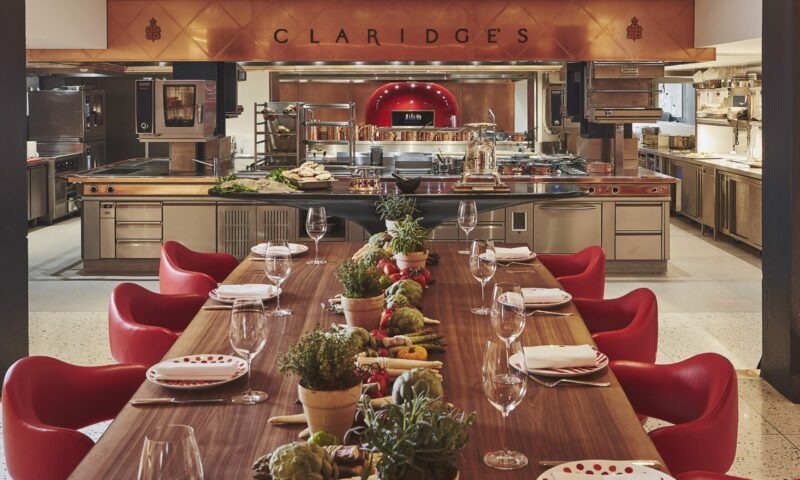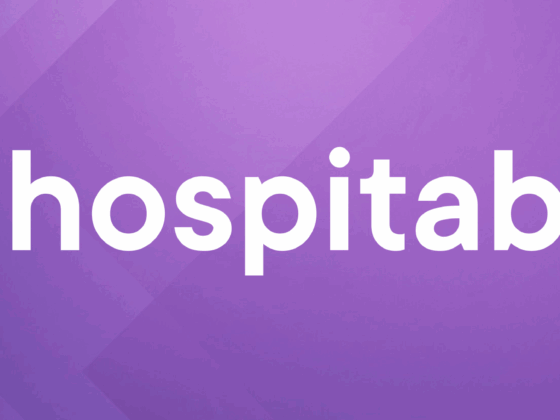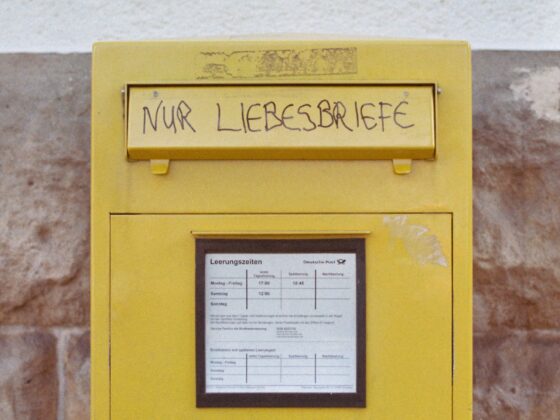
The digital shelf has fundamentally reshaped how hospitality products are presented and sold, and this transformation extends far beyond just revenue channels; it presents an unparalleled opportunity to radically redesign our workforce and job roles. In an environment where every product is digitally accessible and discoverable, the focus shifts from siloed departmental functions to a holistic, across-property experience management strategy. This isn’t just a strategic luxury; it’s a genuine requirement for delivering a comprehensive customer experience, unlocking significant revenue growth, and achieving true operational cohesion in hospitality.
The Imperative for Hospitality Job Role Evolution
This as a critical inflection point. The traditional departmental lines that have long defined our workforce—front office, F&B, housekeeping, etc.—are becoming increasingly fluid. When technology platforms seamlessly connect all aspects of the business, enabling a single, integrated view of the guest and operations, the very nature of jobs needs to evolve. We can move beyond task-oriented roles to more experience-centric ones, marking a clear path for hospitality job role evolution. This is the essence of digital transformation in hospitality jobs.
Consider the implications of this shift:
Customer Experience Redefined through Integrated Hospitality Technology
With all products on a digital shelf, guests expect a continuous, personalized journey, not just a series of disconnected transactions. This demands a workforce that can manage experiences horizontally across the entire property, not just vertically within their department. Roles can become more akin to ‘guest journey managers’ or ‘experience curators,’ leveraging data from the integrated hospitality technology platforms to anticipate needs and proactively offer personalized service.
Driving Revenue Growth with an Empowered Workforce
When technology provides real-time insights across all revenue streams and operational touchpoints, we can empower our teams to identify upsell and cross-sell opportunities that might otherwise be missed. This isn’t about ‘hard selling,’ which I inherently dislike; it’s about leveraging information to educate guests on broader capabilities and possibilities, translating their needs into new opportunities. Roles can become more strategic, focusing on proactive revenue generation through enhanced guest engagement rather than just order-taking.
Achieving Operational Cohesion and Efficiency
Integrated platforms remove disparate layers and shorten the connection to information. This operational cohesion allows for a more agile and responsive workforce. Rather than individual departments operating in silos, teams can collaborate more effectively, share resources, and respond to guest needs or operational challenges with greater fluidity. This also frees up staff from mundane, repetitive tasks, allowing them to focus on high-value human interactions.
Empowering Your Workforce for the Digital Age
This shift is about equipping our human teams with smart technology that elevates their capabilities, allowing them to bring their ‘best selves into the role’. It’s about nurturing ownership and trust, moving from a command-and-control structure to one where employees are empowered with information and tools to make informed decisions that benefit the guest and the business. This allows leaders to develop people where true effectiveness stems from a sense of belonging and responsibility.
The challenge, of course, is significant change management. It requires investing in training, clearly articulating the new vision, mission, and guiding principles for the hospitality workforce, and demonstrating the tangible business impact of these redesigned roles. But the payoff – a truly comprehensive customer experience, optimized revenue, and unparalleled operational efficiency driven by an empowered, technologically adept workforce – makes this not just an opportunity, but an imperative for success in modern hospitality.









